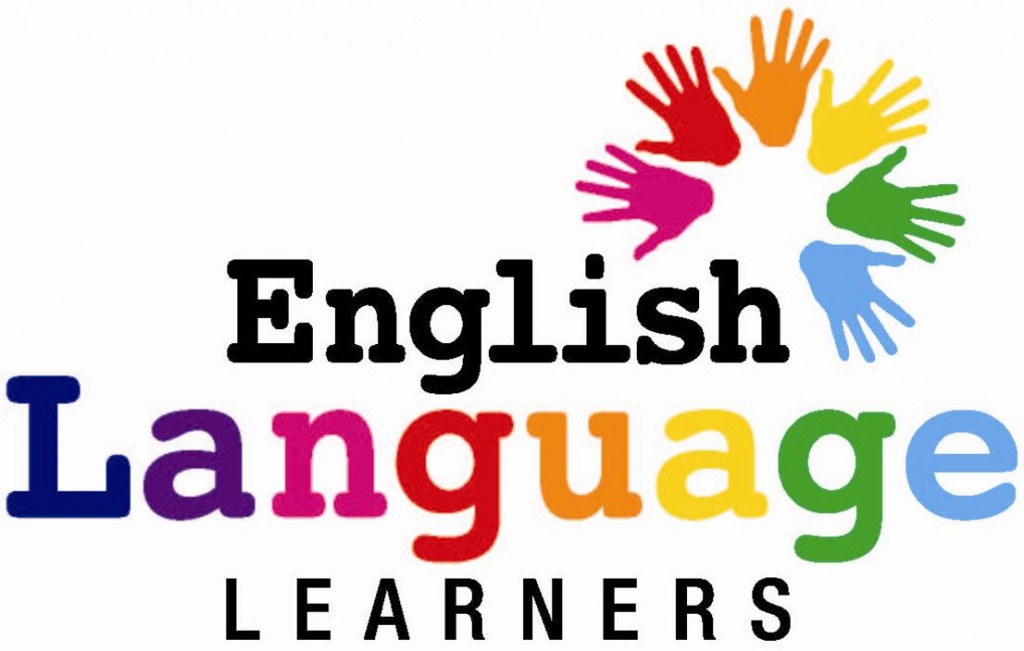Hello Aspirants.
Welcome to Online English Section with explanation in AffairsCloud.com. Here we are creating question sample in sentence correction, which is BASED ON IBPS PO/CLERK/LIC AAO/RRB & SSC CGL EXAM and other competitive exams.
Choose the correct sentence among them.
- 1) The court held that it is a fundamental, but not a absolute, right.
2) The court held that it is a fundamental, but not an absolute, rights.
3) The court held that it is a fundamental, but not an absolutely, right.
4) The court held that it is a fundamental, but not an absolute, right.Answer – 4)
Explanation: Option forth it grammatically correct .Replace ‘a’ with ‘an’ in option first. Use AN before words such as “hour” which sound like they start with a vowel even if the first letter is a consonant. Also use AN before letters and numbers which sound like they begin with a vowel, such as “F” or “8”. Remember, it is the sound not the spelling which is important. In option second ‘rights’ will be replaced with ‘right’ because right is a informal verb in given sentence. Replace ‘absolutely’ with ‘absolute’ in option third. - Which of the following is a correctly matched adjective-adverb pair?
1) speed – speedily
2) alacrity – alacritous
3) jealous – jealousy
4) adequate – adequatelyAnswer – 4)
Explanation: adequate – adequately is the appropriate choice for the given question. Adequate is an adverb which means satisfactory or acceptable in quality or quantity while adequately is an adverb which means to a satisfactory or acceptable extent. - 1) These changes in consumption would have transformed world trade.
2) These changes in consumption will have transformed world trade.
3) These changes on consumption would have transformed world trade.
4) These change in consumption would have transformed world trade.Answer – 1)
Explanation: Option first it grammatically correct. Replace ‘will have’ with ‘would have’ in option second, would have used to like giving advice about the past when you say it to someone else, or regretting what you did or didn’t do when you’re talking about yourself. Shouldn’t have + past participle mean that something wasn’t a good idea, but you did it anyway. Replace ‘on’ with ‘in’ option third while it should be ‘changes’ instead of ‘change’ in option first whit plural subject. (These) - In sentence as well as idiom, proverb
In the sentence, ‘Audition test was conducted by the director to separate sheep from goats’, the idiom/phrase ‘separate sheep from goats’ is used as a:
1) a idiom
2) a phrase
3) a meaningful sentence
4) a one word substitutionAnswer – 1)
Explanation: Option first is the appropriate choice for the given question. ‘Separate sheep from goats’ is a idiom which means to choose the people or things of high quality from a group of mixed quality. - 1) An individual must have the autonomy for make decisions.
2) An individual must have the autonomy to make decisions.
3) An individual must have a autonomy to make decisions.
4) An individual must have the autonomy to make decision.Answer – 2)
Explanation: Option Second it grammatically correct. Replace ‘for’ with ‘to’ in option first, To expressing motion in the direction of (a particular location) and approaching or reaching (a particular condition) while Replace ‘a’ will be replaced with ‘the’ in option third, The is used to refer to specific or particular nouns and Replace ‘decision’ with ‘decisions’ in option forth. - In the sentence, ‘the brasserie attracts discerning customers’, the word ‘discerning’ is used as a :
1) Adverb
2) Adjective
3) phrase
4) Active verbAnswer – 2)
Explanation: discerningis an adjective which refers inhaving or showing good judgment. And Adjective is a word naming an attribute of a noun, such as sweet, red, or technical. - 1) if I had a stamp. I will give it to you.
2) I know the time when he will go.
3) I shall give you money then you return my book.
4) I remember the year when she were married.Answer – 2)
Explanation: Option Second it grammatically correct. Replace ‘will’ with ‘would’ in option first, use would for past possibilities. Replace ‘then’ with ‘when’ in option third, when – at what time. In option forth, It should be ‘was’ instead of ‘were’ for ‘she’ noun which is singular. - 1) She explained the reason why she has to tell a lie.
2) She told me the manner how her sister completed the work.
3) I know the man whom was here yesterday.
4) When you does this work, I shell give you money.Answer – 2)
Explanation: Option Second it grammatically correct. It should be ‘had’ instead of ‘has in option first’, had used with a past participle to form the perfect, pluperfect, and future perfect tenses, and the conditional mood. Replace ‘whom’ with ‘who’ in option third. Whom should be used to refer to the object of a verb or preposition. When in doubt, try this simple trick: If you can replace the word with “he”’ or “’she,” use who. If you can replace it with “him” or “her,” use whom .Who should be used to refer to the subject of a sentence. Replace ‘does’ with ‘do’ in option forth, use do with I, we, you, they subjects. - 1) She said that weather she would pass were doubtful.
2) He has written a letter to help his son.
3) My brother came and he handed to money to me.
4) She say that when he will come is uncertain.Answer – 2)
Explanation: Option Second it grammatically correct. Replace ‘were’ with ‘was’ in option first. Replace ‘over’ instead of ‘to’ in option third, handed over used to pass responsibility to someone else while it should be ‘says’ instead of ‘say’ in option forth. - In the sentence, ‘in his agitation he was unable to speak’, the word ‘speak’ is used as a:
1) Adverb
2) Adjective
3) Verb
4) Active verbAnswer – 3)
Explanation: Speak is a verb which means – say something in order to convey information or to express a feeling.Verb a word used to describe an action, state, or occurrence, and forming the main part of the predicate of a sentence, such as hear, become, happen etc.
AffairsCloud Recommends Oliveboard Mock Test
AffairsCloud Ebook - Support Us to Grow
Govt Jobs by Category
Bank Jobs Notification



